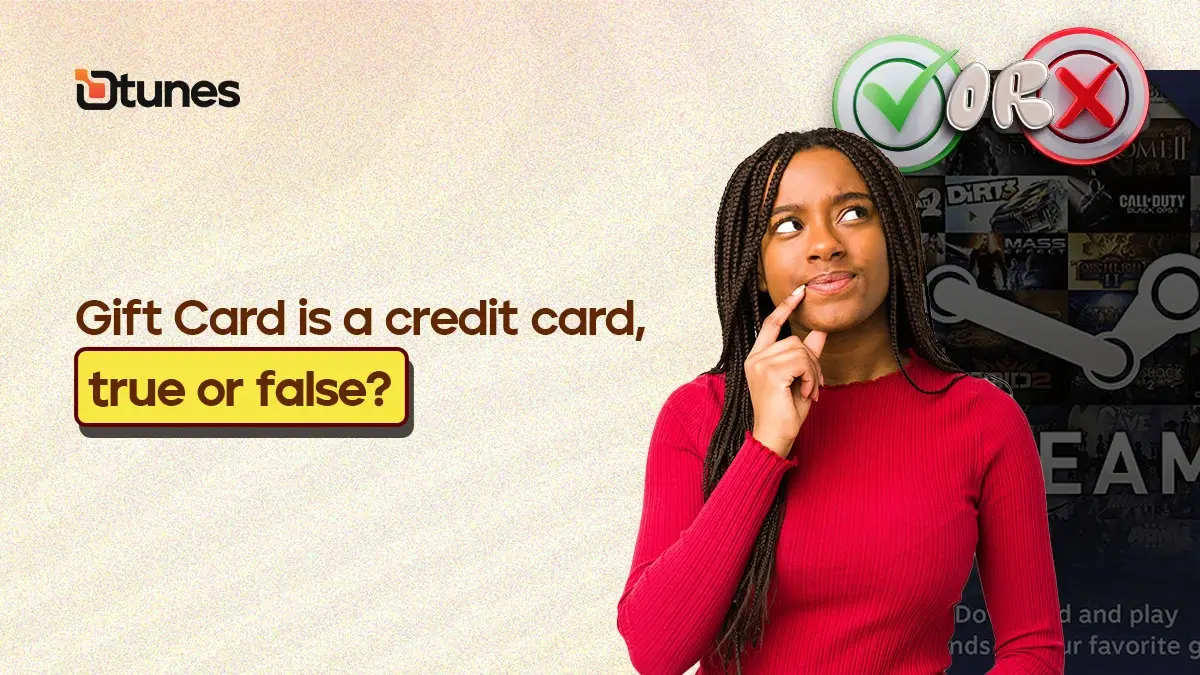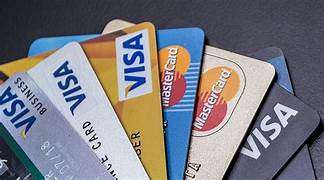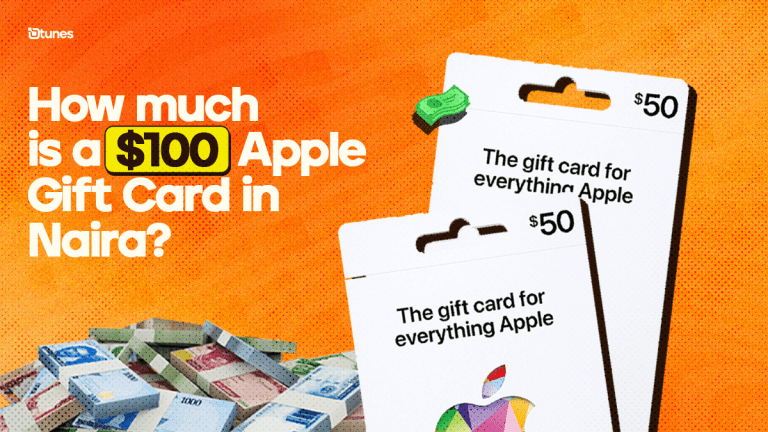
Gift Card is a credit card, true or false?
Gift Card is a credit card, true or false? In today’s consumer-driven economy, gift cards have become a ubiquitous form of currency. Whether received as presents during holidays or purchased for convenience, these cards offer flexibility and choice to both the giver and the recipient. However, a common misconception persists: is a gift card truly a credit card? In this article, we will delve into the similarities and differences between gift cards and credit cards, examining their functionalities, regulations, and implications for consumers.
What is Gift Card?

A gift card is a prepaid card that contains a specific monetary value, typically issued by retailers, financial institutions, or businesses. It serves as a convenient alternative to traditional gift-giving methods, allowing recipients to choose their preferred items or experiences. Gift cards come in various forms, including physical cards, digital codes, and electronic vouchers, catering to diverse consumer preferences and shopping habits.
Upon purchase, the gift card’s value is loaded onto the card, and recipients can use it to make purchases up to the card’s available balance. Unlike credit cards, gift cards do not involve borrowing funds from a financial institution; instead, they represent prepaid funds that have already been paid for by the purchaser or the entity providing the gift.
Gift cards may be used for in-store or online purchases, depending on the retailer’s policies and the type of card issued. Additionally, some gift cards may have expiration dates or fees associated with their usage, which consumers should be aware of to maximize their value. Overall, gift cards offer flexibility, convenience, and choice for both gift-givers and recipients in the realm of consumer transactions.
Understanding Gift Cards
Gift cards are prepaid cards that contain a specific monetary value, typically issued by retailers or financial institutions. They serve as a convenient alternative to traditional gift-giving methods, allowing recipients to choose their preferred items or experiences. Gift cards come in various forms, including physical cards, digital codes, and electronic vouchers, catering to diverse consumer preferences.
What is Credit Card?

A credit card is a payment card issued by a financial institution, such as a bank or credit union, that enables cardholders to borrow funds up to a predetermined credit limit to make purchases. Unlike debit cards, which draw funds directly from the cardholder’s bank account, credit cards allow users to access a line of credit provided by the card issuer. This borrowed money must be repaid within a specified timeframe, typically on a monthly basis, to avoid interest charges and maintain the card’s good standing.
Credit cards offer users flexibility and convenience in making purchases, both in-person and online, at millions of merchants worldwide. They often come with additional benefits and features, such as rewards programs, cashback incentives, travel perks, and purchase protections. Additionally, credit cards play a significant role in building and managing individuals’ credit histories and scores. Responsible use of a credit card, including making timely payments and managing balances, can help improve creditworthiness and access to future credit opportunities.
However, it’s essential for cardholders to understand the potential risks associated with credit cards, such as high-interest rates, fees, and the temptation to overspend. By exercising caution and using credit cards responsibly, individuals can leverage these financial tools to their advantage while avoiding debt and financial hardship.
The Functionality of Credit Cards
On the other hand, credit cards are payment cards issued by financial institutions, enabling cardholders to borrow funds up to a certain limit to make purchases. Unlike gift cards, credit cards involve a line of credit extended to users, which must be repaid within a specified timeframe to avoid interest charges. Credit cards offer flexibility and convenience, allowing users to make purchases online, in-store, and internationally, with the added benefit of rewards programs and consumer protections.
Key Differences Between Gift Cards and Credit Cards
While gift cards and credit cards may share some similarities in their physical appearance and usage, several fundamental differences set them apart:
- Payment Method: Gift cards represent prepaid funds that can only be used to make purchases up to the card’s value. In contrast, credit cards enable users to borrow money from the issuing bank or financial institution, subject to repayment terms and interest rates.
- Financial Liability: With gift cards, the financial liability rests solely with the issuer, as the funds are prepaid by the purchaser or the entity providing the gift. Conversely, credit card transactions involve the cardholder’s obligation to repay the borrowed funds, along with any applicable interest charges and fees.
- Credit Reporting: Using a credit card responsibly can positively impact an individual’s credit history and score, as payment activities are reported to credit bureaus. In contrast, gift card usage does not affect credit scores, as there is no borrowing or repayment involved.
- Regulatory Oversight: Credit cards are subject to stringent regulations and consumer protection laws, including the Truth in Lending Act (TILA) and the Fair Credit Billing Act (FCBA), which govern billing disputes and unauthorized charges. While gift cards are also regulated to ensure consumer rights and transparency, the regulatory framework differs from that of credit cards due to the prepaid nature of funds.
Common Misconceptions About Gift Cards
Despite the clear distinctions between gift cards and credit cards, misconceptions persist, leading some consumers to conflate the two:
- Universal Acceptance: One common misconception is that gift cards can be used universally, like credit cards. While many gift cards are accepted at a wide range of retailers and online merchants, they may be subject to restrictions or limitations based on the issuer’s terms and conditions.
- Credit Building: Some individuals erroneously believe that using gift cards can help build or improve their credit scores. However, since gift cards do not involve borrowing or credit reporting, they have no impact on credit history or scores.
- Interest Charges: Another misconception is that gift card usage incurs interest charges similar to credit cards. In reality, gift cards represent prepaid funds, so there are no interest charges associated with their usage.
Consumer Protections and Liabilities
Understanding the distinctions between gift cards and credit cards is essential for consumers to make informed financial decisions and protect their rights:
- Fraud and Unauthorized Charges: Credit card users benefit from robust fraud protection measures, including zero-liability policies for unauthorized transactions. While gift cards may offer some level of protection against fraud and loss, the extent of coverage varies among issuers and may be less comprehensive than credit card protections.
- Expiration and Fees: Gift cards may be subject to expiration dates and fees, such as maintenance fees or inactivity fees, which can diminish their value over time. Credit cards typically do not expire and may have fewer associated fees, although annual fees and interest charges may apply depending on the card’s terms.
- Dispute Resolution: Credit cardholders have recourse to dispute unauthorized charges, billing errors, or merchant disputes through established procedures outlined in consumer protection laws. Gift card users may encounter limitations in dispute resolution, depending on the issuer’s policies and regulatory requirements.
Gift Card is a credit card, true or false?
No, a gift card is not a credit card. In fact, gift cards are pre-loaded debit cards that can be used to pay for goods in certain retail stores or directly from the issuer of the card.
Conclusion:
In conclusion, while gift cards and credit cards share some superficial similarities, they represent distinct financial instruments with unique functionalities, regulations, and implications for consumers. Gift cards offer prepaid convenience for gift-giving and personal expenses, while credit cards provide access to borrowed funds and credit-building opportunities. By understanding the differences between these payment methods, consumers can make informed choices to manage their finances effectively and protect their rights in an increasingly complex marketplace.
In summary, it is clear that a gift card is not a credit card. While both serve as convenient forms of payment, they operate on different principles and entail distinct rights and responsibilities for users. By recognizing these differences, consumers can navigate the financial landscape with confidence and make informed decisions tailored to their individual needs and preferences.
Tobi brings stories to life as the Content Writer and Creator at Dtunes, blending creativity with strategy to connect with audiences. When she’s not crafting content, you’ll find her traveling, meeting new people, or trying out exciting things.




